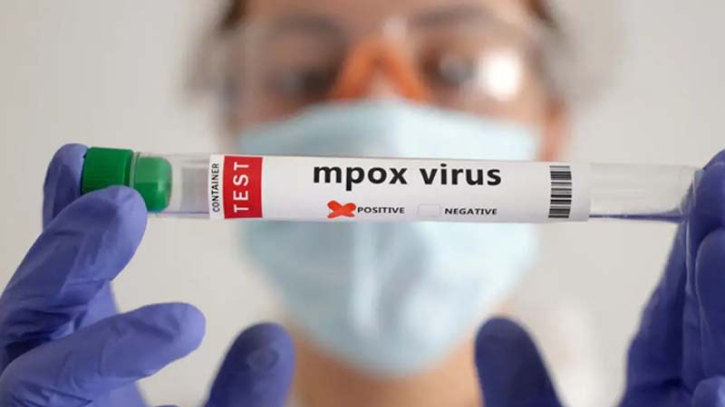WHO Raises Concern Over Limited Mpox Testing in DRC Epicentre

Limited testing capacity in the Democratic Republic of the Congo (DRC), the epicentre of the Mpox outbreak, is restricting adequate testing coverage, the World Health Organization (WHO) revealed on Saturday in its latest situation report.
"Testing coverage in the DRC remains low due to limited testing capacity," the UN health agency stated.
The WHO reported that the case fatality ratio for Mpox in the DRC in 2024 was 0.5 percent among confirmed cases – 25 deaths out of 5,160 cases – and 3.3 percent among suspected cases, both tested and untested – with 717 deaths from 21,835 cases.
"Due to limited access to laboratory testing in remote areas, only about 40 percent of suspected cases have been tested in 2024, an increase from nine percent in 2023. Of those tested, around 55 percent were confirmed positive," the WHO added.
As of September 8, the DRC reported the highest number of suspected cases, followed by Burundi with 1,489 suspected cases and no deaths, and Nigeria with 935 suspected cases and no deaths.
There are two main clades of Mpox, each with a and b subclades, which are circulating in different regions and affecting diverse populations. As a result, the WHO stressed the importance of "tailored, locally-adapted outbreak responses" to tackle the spread.
On August 14, the WHO declared an international emergency over Mpox, particularly concerned about the rise in cases of the new Clade 1b strain in the DRC, which has since spread to neighbouring countries.
In the DRC, Clade 1b has been primarily detected in the eastern provinces of South Kivu and North Kivu, with additional cases in the capital, Kinshasa. The WHO warned that the current sequencing capacity in the DRC is limited, meaning the clade distribution might be broader than currently known.
Clade 1b has also been identified in Burundi, Rwanda, Uganda, and Kenya, as well as isolated cases in Sweden and Thailand.
On global vaccine availability, the WHO announced that more than 3.6 million doses have been pledged, including over 620,000 doses of the MVA-BN vaccine from European nations, the United States, and manufacturer Bavarian Nordic. Japan has committed three million doses of the LC16 vaccine.
So far, 265,000 doses of the MVA-BN vaccine have been delivered to Kinshasa, while 10,000 doses have been sent to Nigeria.
 (5).png)








